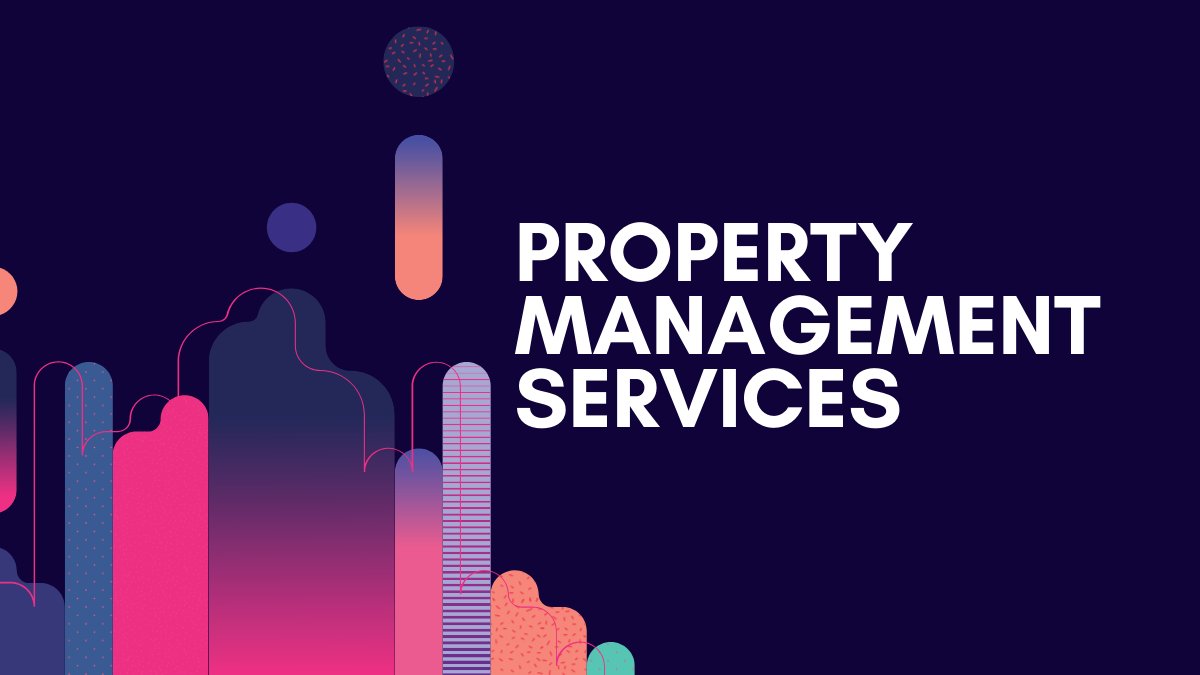In the dynamic realm of e-commerce, selecting the right platform is pivotal for your success. With a myriad of options available, navigating through the choices can be overwhelming. However, fear not, as we’re here to guide you through the process of choosing the best e-commerce platform tailored to your specific needs and goals.
Understanding Your Requirements
Before diving into the sea of e-commerce platforms, it’s crucial to understand your business requirements thoroughly. Assessing your product range, target audience, budget, and technical expertise lays the foundation for selecting the ideal platform.
Product Range and Scalability
Whether you’re a burgeoning startup or an established enterprise, scalability is paramount. Scalability ensures that your chosen platform can grow alongside your business without compromising performance or user experience. Look for platforms that offer seamless scalability options, allowing you to expand your product range and handle increased traffic effortlessly.
Target Audience and User Experience
Understanding your target audience is imperative for delivering a stellar user experience. Choose an e-commerce platform that enables you to customize and personalize the shopping experience according to your audience’s preferences. Features like responsive design, intuitive navigation, and one-click checkout contribute to an enhanced user experience, fostering customer satisfaction and loyalty.
Budget Considerations
While investing in a robust e-commerce platform is essential, it’s equally crucial to stay within your budgetary constraints. Evaluate the cost of each platform, including setup fees, transaction fees, and ongoing maintenance expenses. Opt for a platform that offers transparent pricing models and aligns with your budget while providing the necessary features and functionalities for your business growth.
Technical Expertise and Support
Consider your team’s technical expertise when choosing an e-commerce platform. Some platforms offer user-friendly interfaces and drag-and-drop functionality, making it easier for non-technical users to manage and customize their online stores. Additionally, prioritize platforms that provide comprehensive customer support and documentation, ensuring timely assistance and troubleshooting whenever needed.
Exploring the Top E-commerce Platforms
Now that we’ve established the key factors to consider let’s delve into the top e-commerce platforms dominating the market:
Shopify
Renowned for its user-friendly interface and extensive app ecosystem, Shopify empowers businesses of all sizes to build and scale their online stores effortlessly. With features like customizable themes, secure payment gateways, and seamless inventory management, Shopify caters to the diverse needs of e-commerce entrepreneurs. Moreover, Shopify’s dedicated support team and robust community forums ensure that help is always at hand.
WooCommerce
As a plugin for WordPress, WooCommerce offers unparalleled flexibility and scalability, making it a preferred choice for businesses seeking complete control over their online stores. With a plethora of plugins and extensions available, WooCommerce allows you to customize every aspect of your e-commerce site to align with your brand identity and business objectives. Whether you’re selling physical products, digital downloads, or subscriptions, WooCommerce provides the tools and resources to drive sales and maximize revenue.
BigCommerce
Designed for high-growth businesses, BigCommerce combines robust features with scalability, making it an ideal platform for ambitious entrepreneurs. From advanced SEO capabilities to omnichannel selling options, BigCommerce equips merchants with the tools needed to succeed in today’s competitive e-commerce landscape. Moreover, BigCommerce’s built-in security features and PCI compliance ensure that your customers’ data remains safe and secure at all times.
Magento
For enterprises seeking unparalleled customization and scalability, Magento stands out as a top choice. With its open-source architecture and extensive range of features, Magento empowers businesses to create unique and immersive shopping experiences for their customers. Whether you’re operating a B2B or B2C e-commerce store, Magento offers unparalleled flexibility, allowing you to tailor every aspect of your online presence to meet your specific requirements.
Conclusion
In conclusion, selecting the right e-commerce platform is paramount for achieving success in today’s competitive landscape. By understanding your business requirements, exploring the features and functionalities of each platform, and considering factors such as scalability, user experience, and budgetary constraints, you can make an informed decision that propels your e-commerce venture to new heights.
Remember, the best e-commerce platform is not one-size-fits-all; it’s the one that aligns with your unique needs and aspirations. Whether you’re a startup looking to establish your online presence or an enterprise aiming for global expansion, choosing the right platform sets the stage for long-term success and prosperity.





